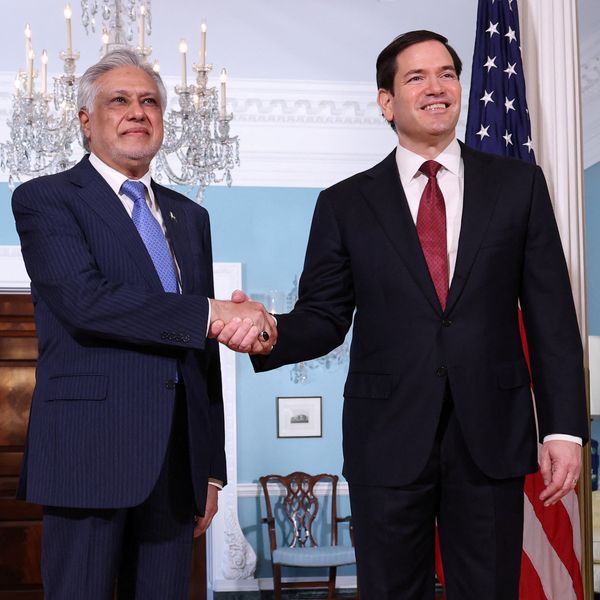Pakistan’s budget: PBC highlights ten strategic imperatives for reform
From defense financing to tax justice—council calls for radical shifts in fiscal strategy
Nida Gulzar
Research Analyst
A distinguished economist with an M. Phil. in Applied Economics, Nida Gulzar has a strong research record. Nida has worked with the Pakistan Business Council (PBC), Pakistan Banks' Association (PBA), and KTrade, providing useful insights across economic sectors. Nida continues to impact economic debate and policy at the Economist Intelligence Unit (EIU) and Nukta. As a Women in Economics (WiE) Initiative mentor, she promotes inclusivity. Nida's eight 'Market Access Series papers help discover favourable market scenarios and export destinations.

With the federal budget looming, the Pakistan Business Council (PBC) has laid out a sweeping set of budgetary imperatives, urging the government to move beyond stopgap measures and embrace structural reforms to stabilize the economy and stimulate long-term growth.
In a ten-point roadmap titled “ten strategic imperatives for the federal budget”, the PBC calls for bold, coordinated actions across fiscal management, taxation, defense, and export policy.
The message is clear: Pakistan can no longer afford to patch up its economic wounds—it needs deep surgery.
Existential priorities: revenue and security go hand-in-hand
At the top of the list is the need to augment defense spending—a non-negotiable given the regional geopolitical environment. But to fund this, the PBC stresses boosting foreign exchange through export growth, preserving forex via domestic input sourcing, and broadening the tax base.
“It’s not just about defense; it’s about financing it smartly,” the Council implies, also calling for provincial devolution of social security and development responsibilities.
Fixing fiscal imbalances: spending smarter, taxing fairer
Public sector development must be streamlined, with provinces generating more through property and agriculture taxes. The government is also advised to peg public sector wage hikes to inflation while trimming its own size to reduce expenditure. Moreover, expanding the tax net—with help from the IMF’s tax-to-GDP benchmarks—is highlighted as a crucial pillar, especially now that digital payment data from retailers removes past constraints.
The Council also recommends fast-tracking privatization of loss-making state-owned enterprises (like PIA, SLIC, and DISCOs) to boost non-tax revenue.
Equitable taxation: curbing brain drain and informality
In a nod to Pakistan’s talent exodus, the PBC proposes revising tax slabs to ease the burden on salaried employees and address the growing flight of IT talent due to tax arbitrage between formal and informal workers. “We’re losing talent faster than we’re creating it,” the document warns.
External account fix: rebooting exports and removing bias
To promote export growth, the PBC calls for rationalizing the tax burden—especially for new exporters—and restoring facilities like GST zero-rating on local inputs. Simultaneously, it demands the removal of long-standing anti-export biases that have stifled manufacturing, like high energy costs, overregulation, and erratic policies. Lowering import tariffs on essential inputs is encouraged to prevent bottlenecks.
Formal sector: make it worthwhile
The PBC pitches a strong case for encouraging listed and documented companies, calling for a gradual tax reduction roadmap, removal of double taxation on inter-corporate dividends, and capital gains tax reforms. The idea: stop punishing formal businesses for playing by the rules.
Indigenous inputs: import substitution with a carrot, not a stick
Lastly, the Council recommends offering tax incentives tied to the percentage of local inputs used in manufacturing. This, they argue, would boost domestic production while lowering import dependence—critical for an economy perpetually flirting with external crises.
This isn’t just a wish list—it’s a blueprint for economic resilience. But as PBC’s tone suggests, the time for incrementalism is over. The budget must serve as more than a balance sheet—it must be a springboard for a more productive, equitable, and sovereign economy.










Comments
See what people are discussing